Freedom, like everything else, is relative
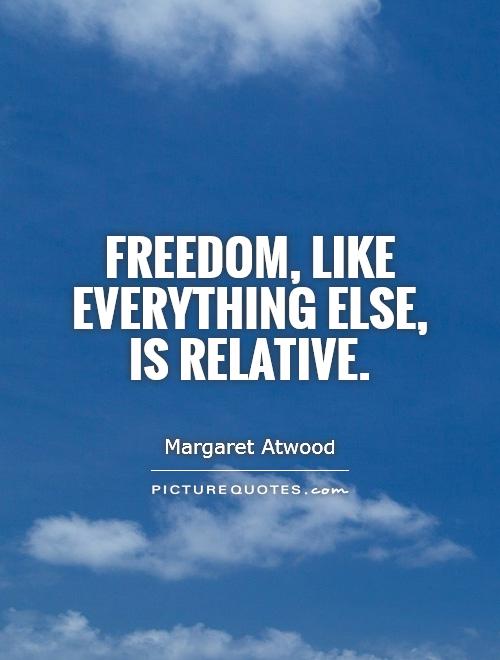
Freedom, like everything else, is relative
Margaret Atwood, a renowned Canadian author, is known for her thought-provoking and often dystopian works that explore themes of power, control, and freedom. In many of her novels, Atwood delves into the complexities of freedom and how it is not an absolute concept, but rather a relative one that is shaped by various factors such as societal norms, personal beliefs, and individual experiences.One of Atwood's most famous works, "The Handmaid's Tale," is a chilling portrayal of a dystopian society where women are stripped of their rights and freedoms, forced into roles of subservience and oppression. In this novel, Atwood illustrates how freedom is not a fixed state, but rather a fragile and constantly shifting concept that can be easily manipulated and taken away.
Atwood's exploration of freedom in "The Handmaid's Tale" highlights the idea that freedom is relative to one's circumstances and the society in which they live. The protagonist, Offred, is a handmaid who is stripped of her autonomy and forced to conform to the oppressive rules of the totalitarian regime. In this world, freedom is a luxury that is only afforded to those in power, while the marginalized and oppressed are left with little agency or control over their own lives.
Atwood's portrayal of freedom in "The Handmaid's Tale" serves as a stark reminder of the fragility of liberty and the importance of fighting for one's rights in the face of oppression. Through her vivid and haunting depiction of a society where freedom is a distant memory, Atwood challenges readers to question their own beliefs about freedom and to consider the ways in which it can be both granted and taken away.

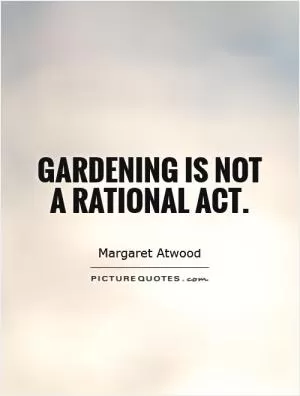
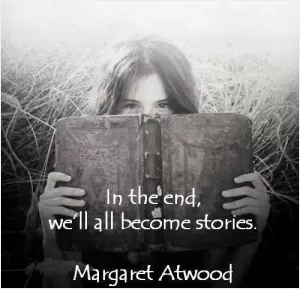
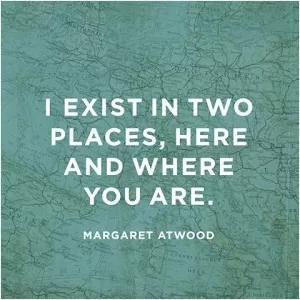
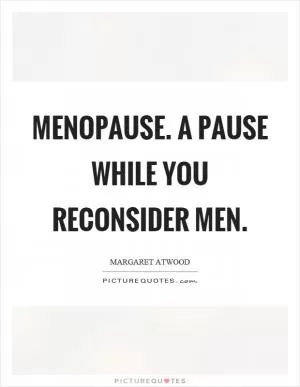


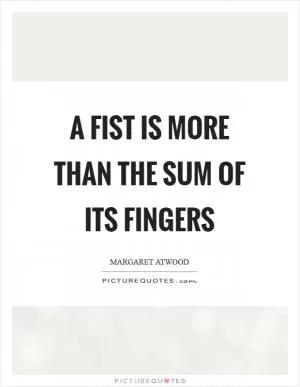
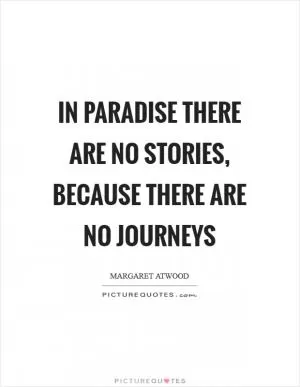
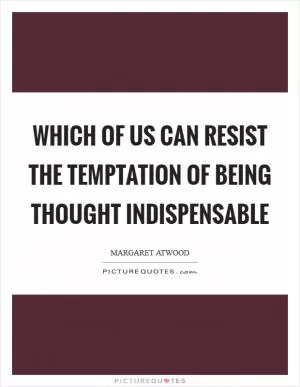

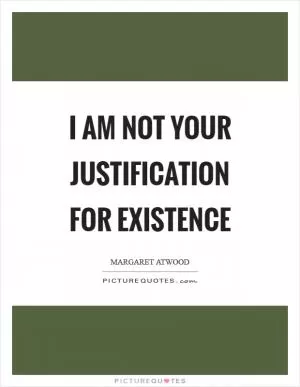
 Friendship Quotes
Friendship Quotes Love Quotes
Love Quotes Life Quotes
Life Quotes Funny Quotes
Funny Quotes Motivational Quotes
Motivational Quotes Inspirational Quotes
Inspirational Quotes